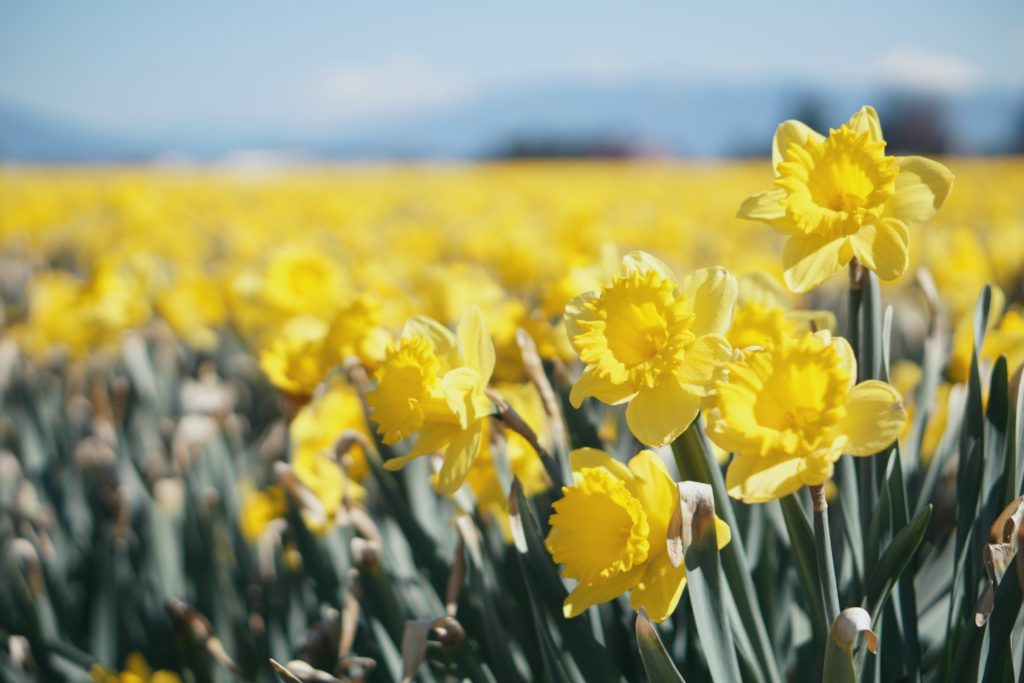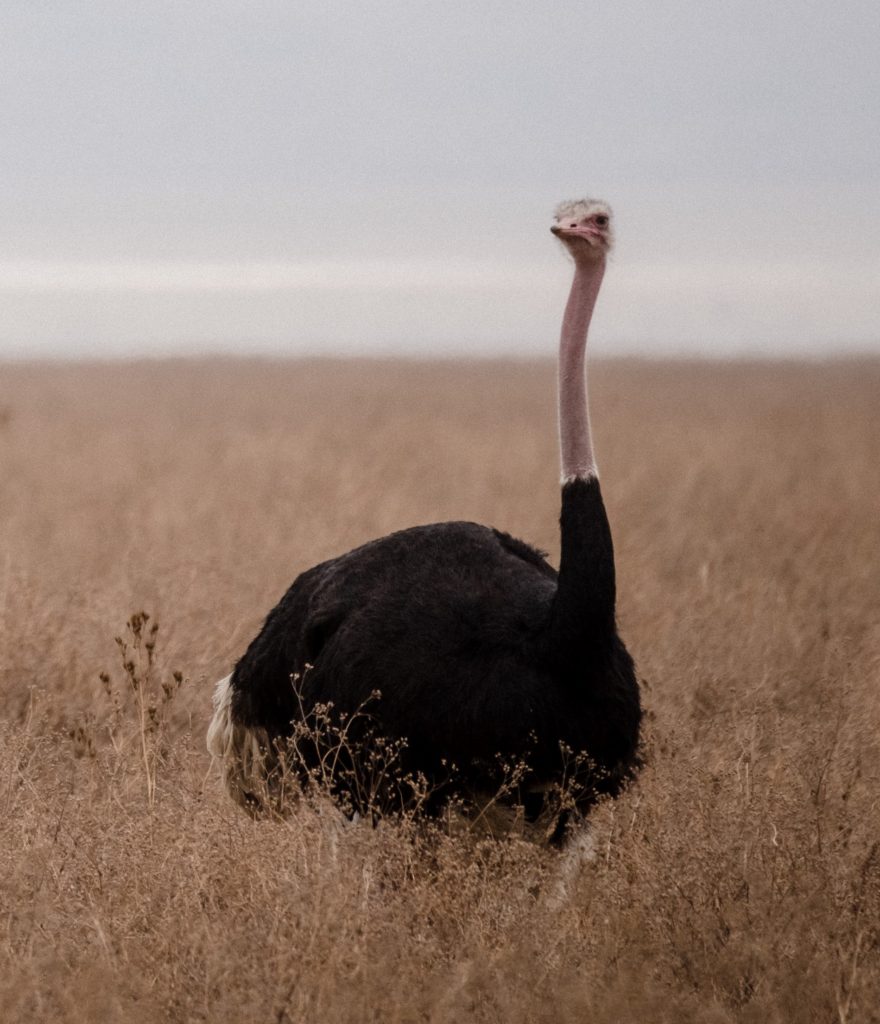After what seems like an eternity of rain, Sunday finally lived up to its name. And as the clouds parted and the sun made its entrance, the world was literally transformed. The little playground next to the puppy park was filled with rambunctious children and smiling parents. People shed their extra winter layers, and some, in a moment of extreme optimism, donned their shorts.
Nature too was cheered by the change in the weather. Reluctant buds suddenly bloomed, filling gardens with the Easter colours of purple, white and yellow. Happily nodding daffodils and jonquils brought their own sun bursts that lingered even after the sun shrank shyly away behind the clouds.

What’s in a name?
With the sun’s appearance on Sunday, I thought I would have a look at the derivation of the name. It is rather more interesting that I first thought. While most countries have a ‘sun day’ derived from the worship of the sun god, others refer to it as first day or resurrection day or something else entirely. Interestingly, traditional Quakers give it a numerical designation, first day, since the days are named after heathen deities and Exodus 23 stipulates that we ‘make no mention of other gods’. Though my favourite version of Sunday is the Old Russian, which translates as ‘day with no work’.
In the West, it is a day associated with worship. The early Christian church did not see a particular conflict between the sun and the Son – each provided life and light. St Francis said: ‘Be praised, my Lord, through all your creatures, especially through my lord Brother Sun, who brings the day; and you give light through him. And he is beautiful and radiant in all his splendour! Of you, Most High, he bears the likeness.’
Lifting our spirits
It really isn’t surprising that celebration of the life force that is the sun has been absorbed and twinned with so many other major religions. The Ancient Greeks attributed Helios (and sometimes Apollo – the god of light) with bringing the sunlight each morning – driving his fiery chariot from East to West daily. Yet even this was derived from much earlier sun worship. In the same spirit of adaption and absorption, the Judaic and Christian calendars have the spring equinox as one of their central festivals. The relatively modern Christian religion blending the resurrection of Jesus with that of the Earth herself at Easter.
Whatever your beliefs, there is no doubt that at this time of year, light has once again become ascendant. And such an event is bound to lift the spirits. How can one not hope when the days are getting lighter, crops can be sown, flowers picked?

The healing sun
The Ancient Greeks were also prescient when they made Apollo, among his many other attributes, the god of healing, because the sun really can make you well.
In terms of our mental health, getting enough sunlight is vital. Sunshine literally lifts our mood by boosting our serotonin levels. This hormone/neurotransmitter is our body’s happy pill, keeping us contented and calm. It is also linked to our production of melatonin, a hormone vital for good sleep. By getting an hour of natural light in the morning, we can help our bodies produce enough melatonin at night for deep slumbers. Further, melatonin is a natural defence against stress. The more sunlight (and possibly exercise) you get outside, the better your spirits. So if you experience difficulty sleeping, as I do, I’d recommend the sunshine cure.
Sunshine also plays a very important role in ensuring that the body has sufficient vitamin D. Though some foods contain small quantities, it would be difficult to get enough through diet alone. The good news is that fifteen minutes of whole body exposure is sufficient to generate your daily requirement. The bad news is that few of us live in a climate where sunbathing is an option and during winter only our faces peak out from under hats and scarves.
In this case, we need to take it in the form of supplements – especially through the dark months. Why? Because vitamin D is vital for healthy teeth, muscles and bones. It is especially valuable now, as vitamin D supports the immune system in keeping colds and flu at bay.
For those of us with MS, vitamin D has an even greater role to play. This little video explains things further.
But it is not only those with MS who need to maintain optimal levels of vitamin D. Deficiency in this important vitamin has also been linked to many other serious illnesses including: diabetes, osteoporosis, rheumatoid arthritis and heart disease. A simple blood test can check your levels.
Though we cannot always have bright sunny days, we can enjoy natural light and gain most of the benefits. So welcome the sun and find time every day get outside. Your body will thank you for it.




